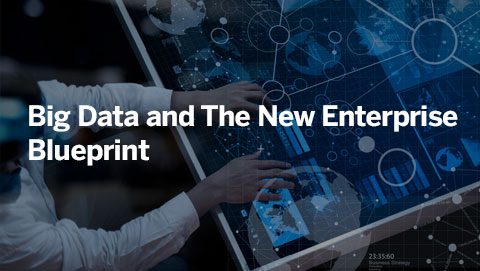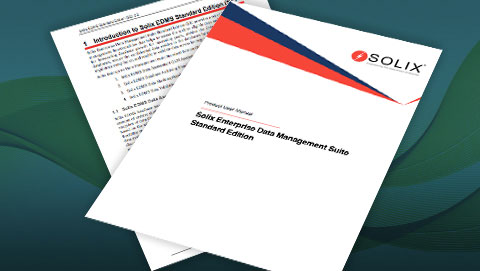Right not to be Profiled
What is the Right not to be Profiled?
The Right to Object to Profiling, or Right not to be Profiled, is a core principle in data privacy that grants individuals the ability to object to automated decision-making based solely on their data profiles. This right is particularly relevant in data analysis and algorithmic decision-making, where automated systems can significantly impact individuals’ lives.
These profiles can be based on various factors, such as browsing history, purchase habits, and social media activity. Individuals’ data is gathered from these diverse sources and analyzed using algorithms like machine learning to categorize them. By identifying connections between behaviors and traits, profiles are created, aiding sales and marketing endeavors when utilized ethically and responsibly. This right is increasingly recognized in privacy regulations worldwide and aims to promote fairness, transparency, and individual agency in the data-driven age.
Origins and Evolution
The Right not to be Profiled has gained traction in recent years with the rise of data privacy regulations like the General Data Protection Regulation (GDPR). While the concept is still evolving, it reflects a growing global concern about the potential misuse of personal data and the need for individual control over automated decision-making processes.
Key Principles
- Autonomy: Individuals can control data collection and use, including preventing profiling activities without consent.
- Non-Discrimination: Automated decisions based on profiling should not result in unfair or discriminatory treatment based on factors such as race, ethnicity, religion, gender, or other protected characteristics.
- Transparency: Organizations must be transparent about their profiling practices, clearly explaining the purposes, methods, and potential consequences of profiling activities.
- Accountability: Entities conducting profiling must be accountable for the accuracy, fairness, and lawfulness of their practices, with mechanisms in place for individuals to challenge and rectify any errors or biases.
When to apply?
This right can be applied when individuals are subject to automated decisions with significant consequences, such as:
- Online advertising and marketing
- Recruitment and employment decisions
- Credit scoring and financial services
- Law enforcement and surveillance
- Healthcare and insurance assessments
Benefits of Right not to be Profiled
- Privacy Protection: Preserves individuals’ privacy by limiting intrusive data collection and analysis.
- Fair Treatment: Prevents discrimination and ensures equitable treatment for all individuals.
- Trust and Confidence: Fosters trust between individuals and organizations by respecting privacy rights and promoting transparency.
- Innovation Safeguards: Encourages responsible innovation by promoting ethical data practices and minimizing risks of harm.
Right Across Different Privacy Frameworks
The Right to Not Be Profiled is finding its way into various privacy frameworks worldwide, but the specific implementation details can differ. Here’s a breakdown of how this right is reflected in some prominent frameworks:
| Framework | Right to Object to Profiling |
|---|---|
| GDPR (EU) | Yes |
| CCPA (California) | Not explicitly mentioned |
| LGPD (Brazil) | Yes |
| CDPA (Virginia) | Yes |
| CPPA (Canada) | Yes |
It’s important to note that these are just a few examples. The specific provisions regarding the Right not to Be Profiled can vary across different frameworks. Some frameworks focus on transparency and require organizations to explain how profiles are used, while others emphasize the right to object and opt out of profiling altogether.
For instance, frameworks like the GDPR focus on the impact of profiling decisions (legal or significant effects), while others, like the CCPA, focus on access to profiling data. The level of detail required regarding the logic behind profiling algorithms can vary. The GDPR emphasizes transparency, while the CCPA doesn’t explicitly require it.
In conclusion, the Right not to be Profiled is essential for preserving individual autonomy, privacy, and fairness in an increasingly data-driven world. Organizations can uphold this fundamental right by upholding key principles and embracing responsible practices while fostering trust and innovation.
FAQ
What is the Right not to be Profiled, and why is it important?
The right allows individuals to object to automated decision-making based solely on their data profiles. This right is crucial as it safeguards against unfair treatment and discrimination arising from algorithmic analysis of personal data.
How does the Right not to be Profiled differ from other privacy rights?
Unlike general privacy rights, which focus on data protection, the Right not to be Profiled specifically targets automated profiling activities that can lead to discriminatory outcomes or loss of autonomy.
What are the consequences of violating the Right Not to be Profiled?
Violations may result in legal penalties, reputational damage, and loss of trust among users and customers. Organizations may face fines, lawsuits, or regulatory sanctions for non-compliance.





